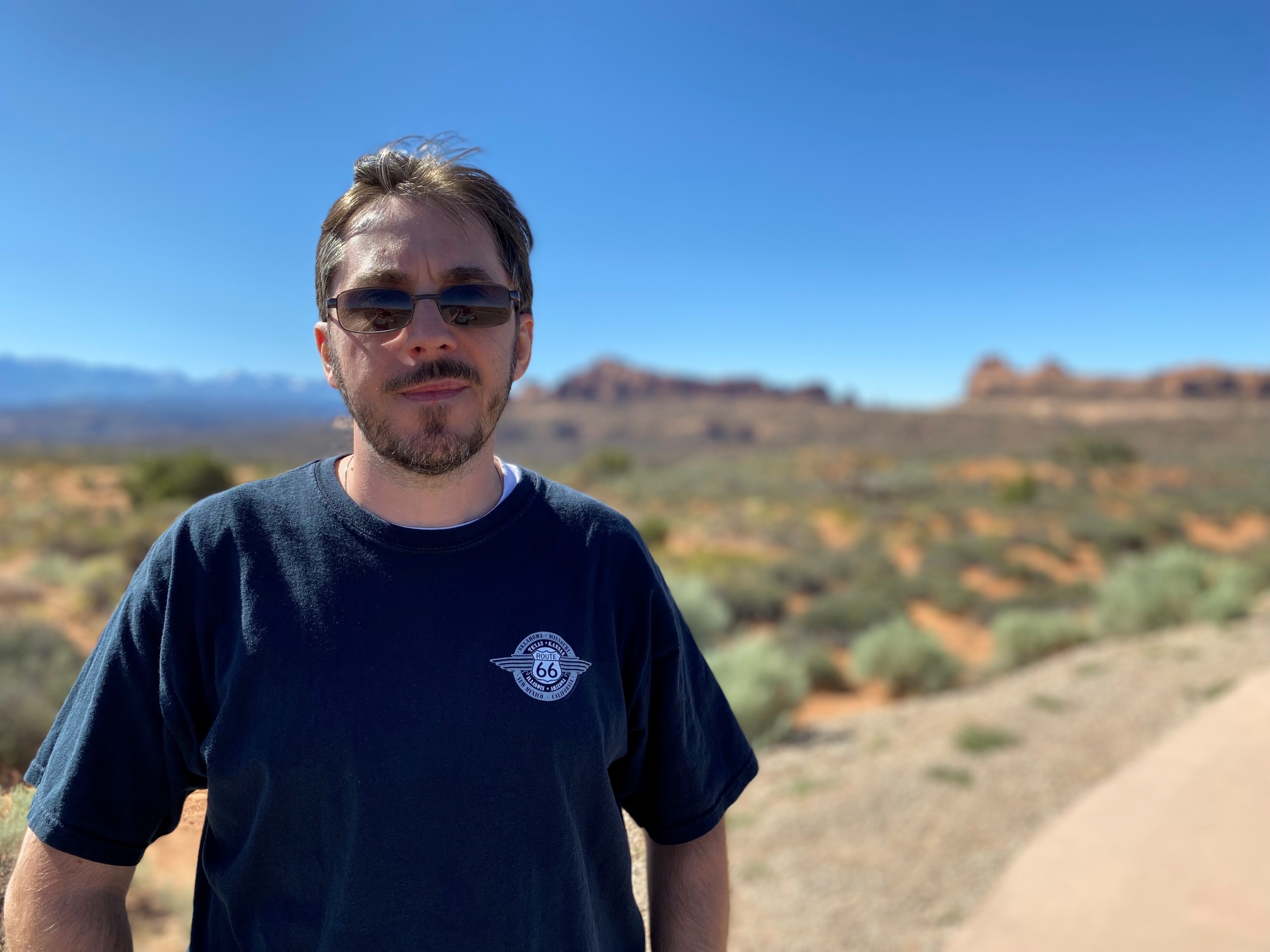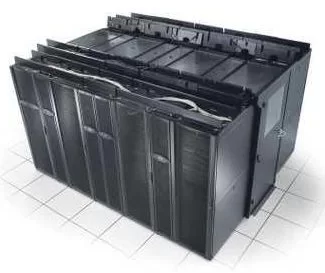
Big Impact, Little Footprint: Packaging Industry Sustainability Careers
Arek Iskra, Product Owner, Global Information Management & Process Office, Tetra Pak
Big Impact, Little Footprint: Packaging Industry Sustainability Careers
Arek Iskra, Product Owner, Global Information Management & Process Office, Tetra Pak
 Can you describe your role and how you feel it links to issues around sustainable packaging?
Can you describe your role and how you feel it links to issues around sustainable packaging?
In my current role, I am responsible for defining the standards, managing, and future-proofing our computer infrastructure in data centers and factories. My team ensures that the infrastructure runs smoothly with proper power redundancy, air conditioning, networking, storage and security.
Historically, the air conditioning [in our data center] was cooling down the whole room, not the equipment that really needed cooling. We installed what is called hot aisle containment, which is basically a room within a room.
 The racks where the equipment is installed are sealed and the airflow is forced front to back. The hot air is then recycled by the air conditioning to make it cool again and the process repeats. Since you don’t need to cool the entire room, the volume of power that you need goes down significantly. Also, the evolution of the computer components we use has helped by consuming less power over time while the processing power gets better. For instance, we moved away from mechanical hard disks to flash storage, which consumes just a fraction of power compared to traditional storage.
The racks where the equipment is installed are sealed and the airflow is forced front to back. The hot air is then recycled by the air conditioning to make it cool again and the process repeats. Since you don’t need to cool the entire room, the volume of power that you need goes down significantly. Also, the evolution of the computer components we use has helped by consuming less power over time while the processing power gets better. For instance, we moved away from mechanical hard disks to flash storage, which consumes just a fraction of power compared to traditional storage.
What does a typical day look like for you?
Every day brings different challenges, which keeps it engaging. Not only are we looking after what’s in place today, to ensure business continuity, but also to the future: what are the upcoming products and solutions that can help us to keep the competitive advantage?
Can you share with a little about your career trajectory and what led you towards this role and an interest in sustainability?
I grew up in Poland, which was a mecca of heavy industry. Living in this very polluted environment made the importance of having fresh air to breath and clean water to drink very real. I believe that we all have responsibilities to take care of the environment and if we have the means, the more we should pay it forward by investing in renewable technologies. Going the “full EV” route at home was one of my priorities. Later, we added solar panels and battery backup to offset all our household’s electricity needs.
We are witnessing a transition to EVs as the means of sustainable transportation. I have been a strong advocate and ambassador of this transition for years. I am also part of the North Texas Tesla Owners Club, one of the first and second largest groups of its kind in the country.
I am happy to live in times where we have more than one of these major events taking place: the Internet, virtualization of computers, electric cars. I would say the thing that really drives me is the access to technology that helps us to get there.
What skills do you think are most important for a role in sustainable packaging issues?
From my perspective in IT, I think it is important to recognize the impact everyone within an organization can make. Considering the environmental aspect of the work we do is very important.
Additionally, the packaging industry is a very competitive one. While many are looking into cost savings, promoting environmentally responsible products can and should be viewed as a competitive advantage.
As an industry, where do you think packaging is making strides on sustainability?
The technology involved in creating packaging materials, processing and recycling them is constantly evolving. As the overall awareness of the environmental impact of everything we produce, transport, consume and dispose is rising, the more incentive there is to continue finding new ways to preserve the finite resources we have.
What do you think is the biggest challenge facing packaging sustainability right now?
Like many industries, we are affected by the ripple effects of post-pandemic supply chain disruptions, price fluctuations due to global inflation and political turmoil around the world.
What is one common perception around packaging that you believe challenges the notion that packaging can be a tool for sustainability?
Myth: modern packaging is made of materials that are usually hard to recycle. We need more education on meaningful ways that packaging is repurposed or disposed without adding to the environmental burden.
If you had one piece of advice for young professionals interested in sustainability, why should they consider the packaging industry? Your specific role?
I think it is important to choose a career with a company that has a positive impact on people’s lives, producing meaningful goods and having environmental impact at the core of its values. Regardless, we all can make a difference and contribute to having a sustainable future on this planet. The actions we take every day – at home, on the road or at work – they all matter. The choice is ours to make.
